Equipping mental health professionals with the competencies to address the religious and spiritual dimensions of people’s lives
The Spiritual and Religious Competencies Project aims to improve mental health care and promote human flourishing by ensuring every mental health professional possesses the basic competencies to attend to their clients’ religious faith or spirituality in clinical practice.
Supported by a $5.1 million grant from the John Templeton Foundation, the SRCP will address barriers to equipping mental health professionals with the ability to address religious or spiritual (R/S) dimensions of clients’ lives via:
Generating methods and tools for defining, studying, and assessing R/S competencies
Establishing methods to train mental health professionals in R/S competencies
Synergizing diverse stakeholders with a commitment to promoting R/S competencies
Fueling momentum for systemic and cultural changes in ways R/S are addressed in mental health care
What’s New
Publications
Crabtree, S. A., & Sandage, S. J. (2024). Counseling and Values, 69(3), 362-377.
Fox, J. (2024). Counseling and Values, 69(3), 326-336.
Piedmont, R. L. (2024). Counseling and Values, 69(3), 347-361.
Trujillo, S., Roe, C., & Owen, J. Counseling and Values, 69(30, 337-346.
Oxhandler, H. K. (in press). In T. L. Scales & R. C. Trammel (Eds.). Christianity and social work: Readings on the integration of Christian faith and social work practice, 7th edition.
Avent-Harris, J. & Gonzales-Wong, C. (2024). Counselor Education and Supervision, 63(3), 216-231.
Currier, J. M., McDermott, R. C., Sanders, P., Barkham, M., Owen, J., & Richards, P. S. (2024). Journal of Counseling Psychology. Advanced online publication.
Currier, J. M., Swift, J., Sanders, P., & Richards, P. S. (2024). Psychotherapy. Advanced online publication.
Currier, J. M. Pearce, M. J., Wong, S., Salcone, S., Brock, B., Kim, E., Kemp, D., Hinkel, H., Oxhandler, H. K., Vieten, C., Fox, J., Polson, C., & Pargament, K. I. (2024). Training and Education in Professional Psychology. Advanced online publication.
Fox, J. (2024). Counselor Education and Supervision, 63(3), 162-171.
Gutierrez, D., Cashwell, C. S., & Dorais, S. (2024). Counselor Education and Supervision, 63(3), 255-265.
Hagedorn, W. B., Butler, S., & Frank, A. (2024). Counselor Education and Supervision, 63(3), 203-215.
Kaufman, C. C., & Rosmarin, D. H. (2024). International Journal of Group Psychotherapy, 74, 1-27.
Niles, J., & Gutierrez, D. (2024). Counselor Education and Supervision, 63(3), 172-186.
Pearce, M. J., Pargament, K. I., Wong, S., Hinkel, H., Salcone, S., Morgan, G., Kemp, D., Brock, B., Kim, E., Oxhandler, H. K., Vieten, C., Fox, J., Polson, C., & Currier, J. M. (2024). PLOS ONE.
Polson, E. C., Oxhandler, H. K., Moffatt, K. M., Parrott, H., & Miller, K. B. (2024). Journal of Religion and Spirituality in Social Work, 43, 110-131.
Pyne, J. M., Currier, J. M., Hinkson, K. D., Usset, T. J., Abeita, L., Dordal, P., Weber, M. C., Kouser, T., Awaad, R., & Griffin, B. J. (2024). Current Treatment Options in Psychiatry. Advanced online publication.
Roach, L. & Sierra, J. (2024). Counselor Education and Supervision, 63(3), 232-243.
Salcone, S., Currier, J. M., Hinkel, H. M., Pearce, M. J., Wong, S., Pargament, K. I. (2024). Professional Psychology: Research and Practice. Advanced online publication.
Stewart-Sicking, J. (2024). Counselor Education and Supervision, 63(3), 244-254.
Vieten, C., Fox, J., Oxhandler, H. K., Pearce, M., Polson, E. C., Pargament, K., Wong, S., & Currier, J. M. (2024). Counselor Education and Supervision, 63(3), 187-202.
Canda, E., Oxhandler, H. K., Husain, A., Polson, E. C., Wolfer, T., Sheridan, M., Jacobsen, J., & Hardy, K. (2023). Journal of Social Work Education, 59, 635-653.
Currier, J. M., Fox, J., Pearce, M., Vieten, C., & Oxhandler H. K. (2023). Psychological Services, 20, 40-50.
Polson, E. C., Oxhandler, H. K., Selman, S., & Haworth, C. (2023). Journal of Religion & Spirituality in Social Work: Social Thought, 42, 171-192.
Richards, P. S., Currier, J. M., Jones, R. S., Pearce, M., & Stephens, D. (2023). In P. S. Richards, D. Judd, & K. Allen (Eds.) Handbook of Spiritually Integrated Psychotherapies (pp. 423-448). American Psychological Association: Washington, DC.
Kaufman, C. C., Rosmarin, D. H., & Connery, H. (2022). Religions, 13, 1132.
Vieten, C., & Lukoff, D. (2022). American Psychologist, 77, 26-38.

Our Projects
Graduate Education in R/S Competencies
We will strengthen graduate education in R/S competencies by developing, evaluating, and disseminating standardized modular content that can be readily incorporated into existing clinical courses.
Research and Clinical Training in R/S Competencies
We will promote research and clinical training in R/S competencies by developing empirically supported assessment tools and competency training methods for use in practicum, internship, and post-graduate educational programs.
Status of R/S Training in Graduate Education
We will gain understanding of the need for and barriers to R/S competency training in graduate education by conducting a large-scale needs assessment survey of the views, behaviors, experiences, supports, and barriers of core training faculty.
R/S Competency Training for Professionals
We will seek to overcome systemic barriers to widespread integration of R/S competencies in mental health professions via a coordinated set of systems-level change activities.




